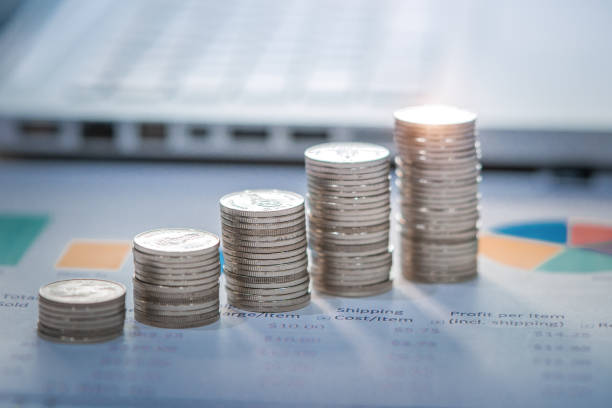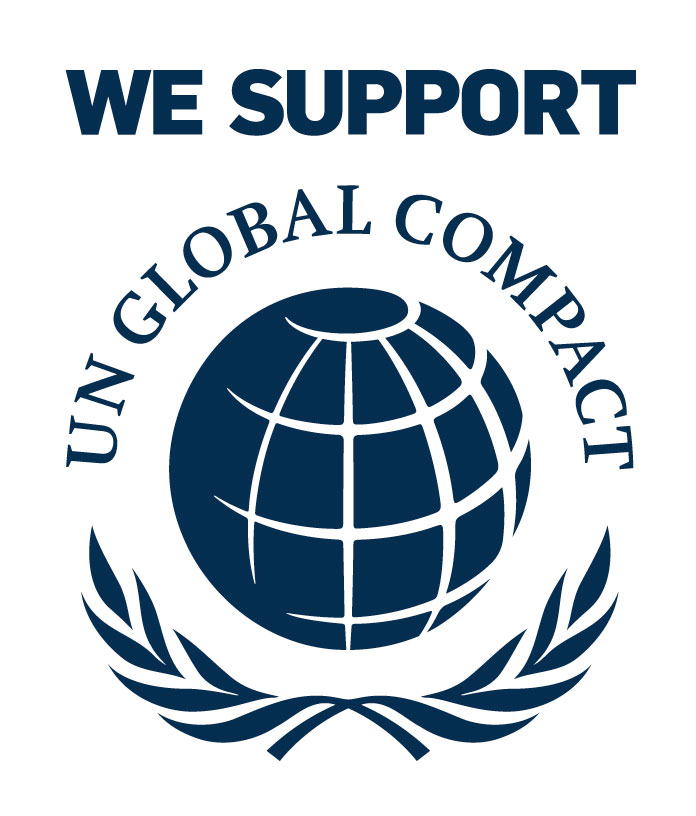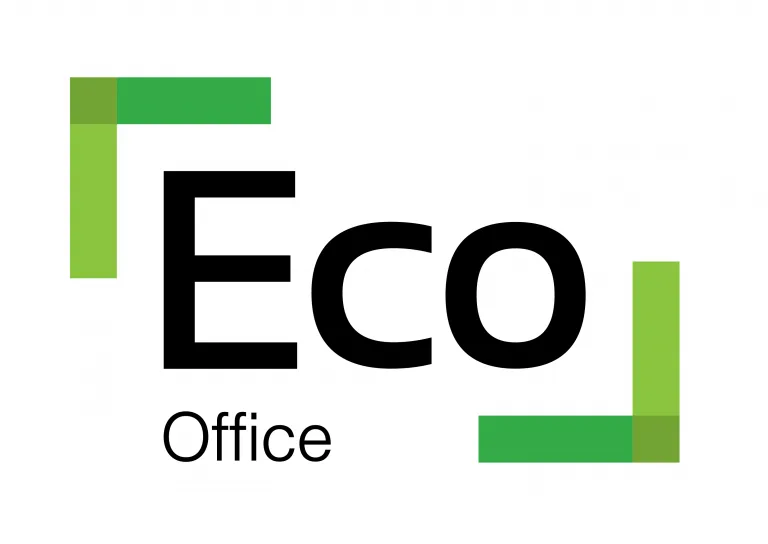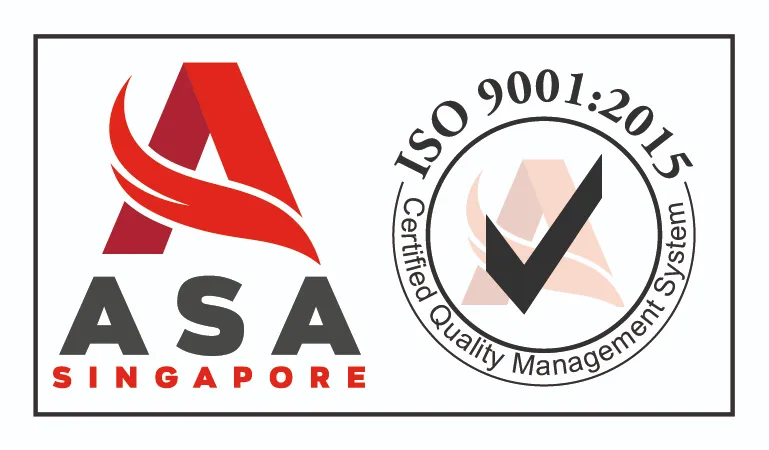Singapore’s Goods and Services Tax (GST) officially increased to 9% on 1 January 2024, marking the completion of a two-stage hike from the previous 7% rate. While this adjustment is part of the country’s broader plan to strengthen its fiscal position and social spending, it carries significant implications for businesses engaged in importing and exporting goods.
In this updated 2025 guide, we break down what the GST hike means for importers and exporters in Singapore, and how businesses can stay compliant, manage costs, and leverage available schemes for tax relief.
What is GST and Why Was It Increased?
The Goods and Services Tax (GST) is a consumption tax levied on most goods and services in Singapore, including imports. Initially set at 7%, it was raised to 8% in January 2023 and now sits at 9%.
This increase supports Singapore’s long-term public spending goals, especially in healthcare and social welfare, as the population ages. However, for businesses involved in cross-border trade, this translates into new compliance and cost challenges.

Impact of the GST Hike on Importers
- Higher Upfront Costs at Customs
Import GST is calculated based on the CIF (Cost, Insurance, and Freight) value of imported goods. With the rate now at 9%, importers must pay more GST upfront, increasing the capital tied up in every shipment.
Example:
If the CIF value of a shipment is S$50,000:
- At 8% GST (before): S$4,000
- At 9% GST (now): S$4,500
That’s S$500 more per shipment in immediate tax liability.
- Cash Flow Strain
For high-volume importers or businesses with tight margins, the 1% hike can amplify cash flow pressure especially when importing large or frequent shipments.
Impact on Exporters
- Zero-Rated Supplies Still Apply but with Caution
Exports remain zero-rated under Singapore GST law, meaning you don’t need to charge GST when selling goods overseas. However, businesses must ensure proper documentation and declarations to support zero-rating and avoid penalties during audits.
- GST on Export-Related Services
Some services provided to overseas customers like logistics, warehousing, or insurance may be subject to GST unless certain conditions are met. Businesses should review these closely in light of the new rate.
Available GST Relief Schemes
Singapore offers several schemes that can help importers and exporters reduce their tax burden:
- Major Exporter Scheme (MES)
Eligible companies can defer paying import GST on goods intended for re-export. This is especially beneficial for trading businesses and distributors.
- Zero-GST Warehouse Scheme
Goods stored in licensed warehouses are exempt from GST until removed for local consumption, easing immediate tax obligations.
Compliance is Now Even More Critical
As GST rates increase, so do the stakes for non-compliance. Errors in declaration, incorrect GST application, or missed filings can lead to:
- Financial penalties
- Delayed cargo clearance
- IRAS audits and investigations
It is crucial to work with experienced customs brokers who can help monitor declarations, reconcile discrepancies, and prepare supporting documentation.

How Declarators Helps:
- Accurate permit declarations via Singapore Customs’ TradeNet
- Automated GST calculations to avoid underpayments
- Real-time shipment processing to avoid cargo delays
Ready to future-proof your import/export operations with one of Singapore’s leading customs brokerage and trade compliance firms?
Get in touch with Declarators today:
Website: www.declarators.com.sg
Email: group@declarators.com.sg
Call: +65 6385 2155
.

















